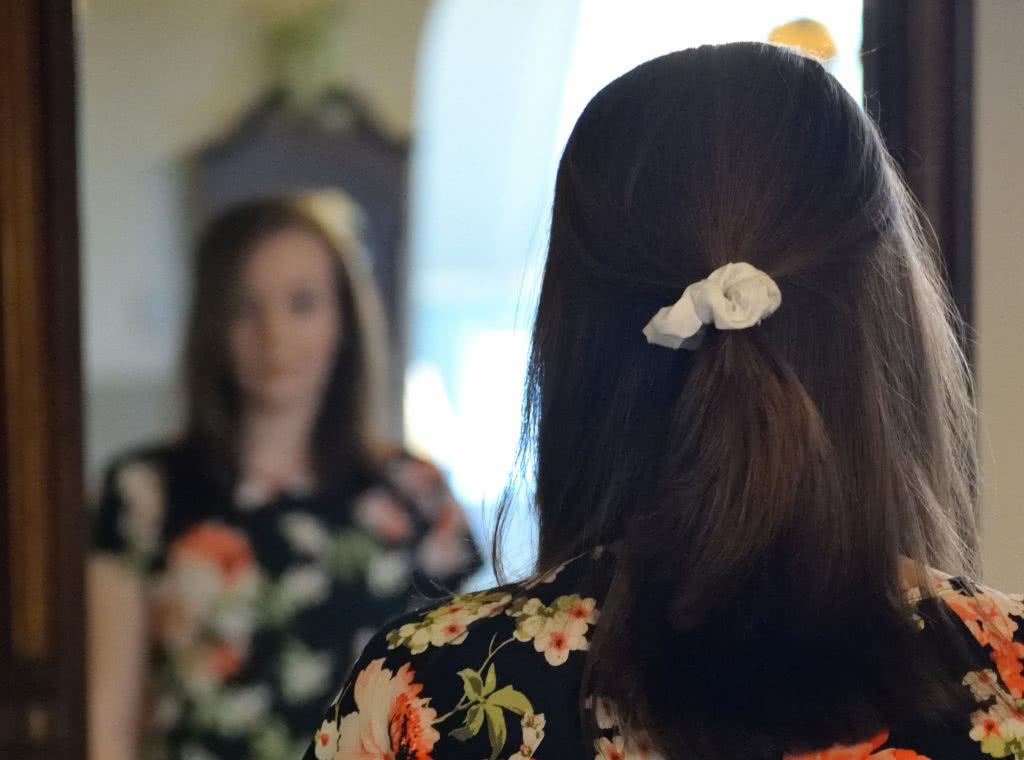Doing YOUR Work: How To Worry About Yourself And Not Others

When you deal with anxiety, your closest relationships can be both wonderful and frustrating. This duality can cause you to wonder, at times, if all the wonderful is worth the frustration (and additional anxiety). However, when you learn how to worry about yourself and not others, you’ll come to view these frustrations as powerful teaching moments.
Yet this is no small feat. It is always easier to focus on someone else’s behaviors and actions than on your own – especially when you’re feeling overwhelmed by your own internal conflicts.
And just what are you supposed to do when those closest to you seem to keep pressing your buttons without apparent concern for how much pain they’re causing you? Obviously, it’s their behavior that needs to be corrected – not yours.
But what if their behavior triggers something in you that bears examination?
The fact is we all have the most trouble with someone else’s behaviors and actions when they remind us of the behaviors and actions we dislike the most about ourselves. This is called projection, and it can be more powerful than we may think.
The power of projection
One of the most cunning aspects of projection is that we are rarely aware of doing it. We do it unconsciously, by definition. This makes it virtually impossible to do anything about it – unless you learn to look for the sign that you are projecting.
But that doesn’t mean it’s impossible. Identifying signs of projection is the first step of learning how to worry about yourself and not others.
Think about any one of your important relationships. It could be the relationship with your spouse, parent, roommate, or work colleague. What are the basic things about this person that annoy you to no end?
Maybe this person is a neat-freak or tragically disorganized. Maybe she is controlling. Maybe he doesn’t take the time to listen carefully to what you have to say before stating his opinion of the matter.
It does not matter what the things are that irritate you. What does matter is that you bring awareness to what these things are.
According to research by Roy Baumeister and his colleagues, whatever it is that you find to be so unpleasant about this person with whom you are so close, chances are good that this behavior or action is something you’re trying to suppress or ignore about yourself.
So, instead of worrying about how the people in your life should change, when you become aware of your projection you have the opportunity to begin understanding and coming to terms with your own issues. And, learn how to worry about yourself and not others.
It’s because your loved ones can be so irritating that they can become your best teachers. They allow you to become more self-aware and accept anxiety’s nudge to take control of what you can – yourself.
The immediate change is really about a gentle shift in focus and a decision to look inward.
When you become aware that you are projecting by worrying about how others should change, pause. This moment isn’t for you to correct them; it’s for you to learn about you.
When you find yourself worrying about how the people you care about the most should change, gently ask yourself where and how you could be projecting.
Ask yourself, “What can I do about my reactions and behavior?” In what way does this person’s behavior remind me of something I wrestle with in myself?
Becoming aware of your projection gives you the opportunity to begin understanding where your outer battles could be inner ones. This awareness in turn delivers you control, and teaches you how to worry about yourself and not others.
With practice, you will not only understand your own issues better, but you will be able to catch yourself before you project onto others. This is how you will learn to use this worry constructively, and practice this powerful relationship tool of worrying about yourself and not others.
For more help with managing relationship anxiety, check out my new book, Hack Your Anxiety, register for my free mini-ecourse by signing up for book bonuses here, or check-out my anxiety and relationships blogs.